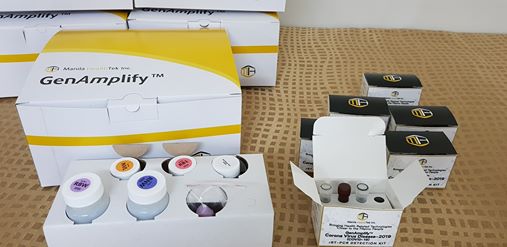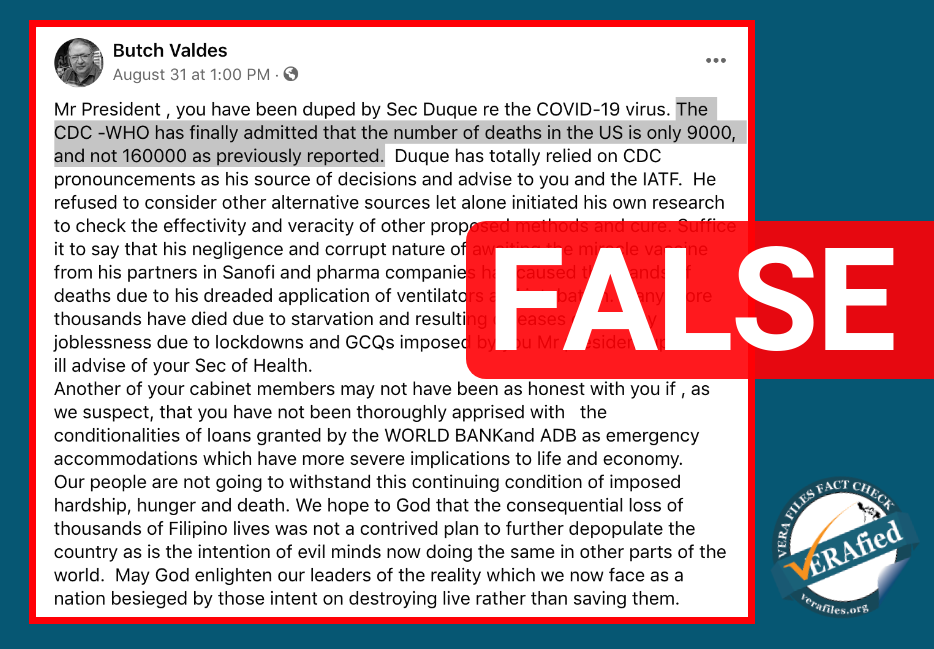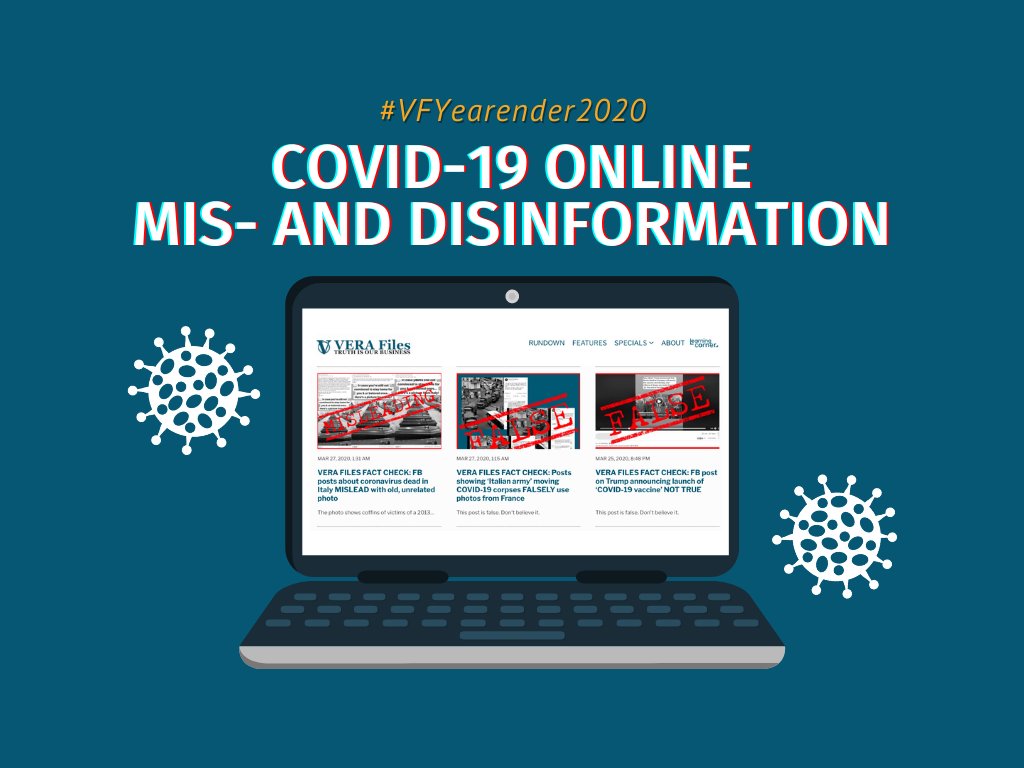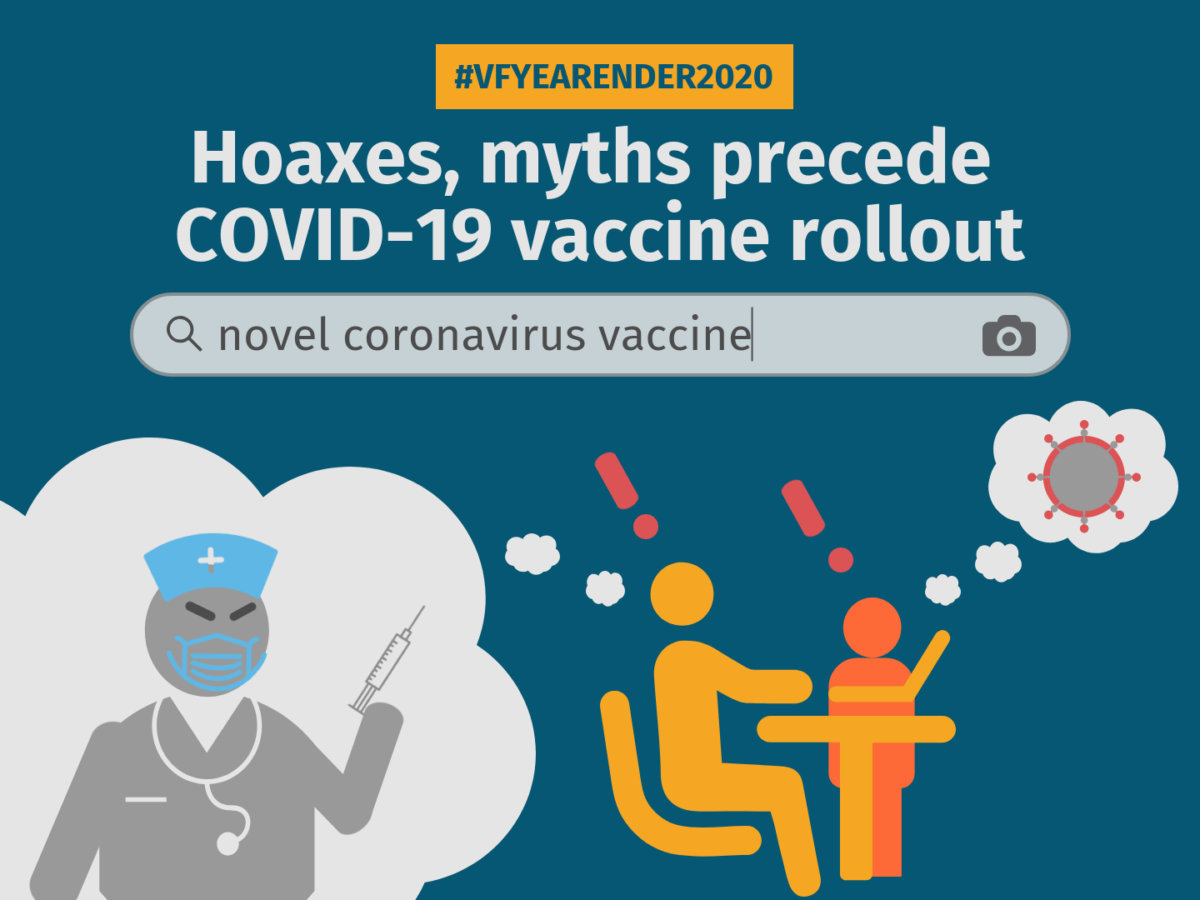Aware of the limited number of testing kits for coronavirus disease (COVID-19), high government officials still hurried to have themselves tested even if they did not show any of the symptoms of infection. Hence, they earned public criticism for bypassing protocols and kept people asking who should undergo testing and who should heal at home.
President Rodrigo Duterte, several members of the first family, and his former aide, incumbent Sen. Christopher Lawrence “Bong” Go, submitted themselves to laboratory testing for coronavirus disease on March 12 to “ensure that they are fit and healthy to perform their duties as government workers.” They said they did so as a “pre-emptive step,” upon the advice of health officials, because of their engagement with Cabinet members, some of whom have gone on self-quarantine following their exposure to persons who tested positive with COVID-19. Two days later, their test results were negative.
Before that, Sen. Sherwin Gatchalian announced he was going into self-quarantine after learning that a resource person in a March 5 committee hearing tested positive while the wife had died of COVID-19. Sen. Nancy Binay, who attended the same event, followed suit.
On March 15, Secretaries Arthur Tugade of transportation, Mark Villar of public works and highways, Carlos Dominguez III of finance, and Executive Secretary Salvador Medialdea all tested negative, too. And so did Bangko Sentral ng Pilipinas Governor Benjamin Diokno and Presidential Security Group Commander, Col. Jesus Durante III.
On March 16, Senate Majority Leader Juan Miguel Zubiri announced on Facebook that he tested positive for COVID-19, although he was asymptomatic. Consequently, Senate President Vicente “Tito” Sotto III and six other senators — Pia Cayetano, Panfilo Lacson, Grace Poe, Francis Tolentino, Imee Marcos, and Ramon Revilla Jr. — had themselves tested, too.
All of them, as well as Duterte, did not report any of the identified symptoms of the coronavirus disease. Except for Zubiri, their test results were negative. Health Secretary Francisco Duque III suggested that Zubiri undergo another test because his initial lab result may have been a “false positive.” Zubiri declined, noting the limited number of testing kits that should better be used for priority cases, including of frontline medical personnel and symptomatic patients like the elderly.
Sens. Francis Pangilinan and Risa Hontiveros likewise refused to undergo testing, saying they were not exhibiting any of the symptoms, they were following the Department of Health (DOH) protocols, and they have gone on self-quarantine.
On March 18, social media was abuzz with talk that asymptomatic politicians, their family members, and staff were having themselves tested for COVID-19, some even in the comfort of their homes, thereby depriving patients who have been showing symptoms of the disease.
In view of the limited testing kits for COVID-19, the DOH earlier said only persons under investigation in severe to critical condition must undergo testing. Asymptomatic patients with history of foreign travel or exposure to an infected person should undergo a 14-day home quarantine.
As of March 20, the DOH reported that 1,300 testing kits were available at RITM for diagnosing suspected COVID-19 patients. PUIs in the country have already risen to 593 as of 4 p.m., March 22.
The situation raised questions on why the DOH has been allowing politicians to defy the COVID-19 testing protocols to the detriment of symptomatic patients who need to be tested immediately.
Health Undersecretary Maria Rosario Vergeire, in a March 17 interview with DZMM, said these top government officials who had no symptoms were tested before the DOH revised its decision tool on who should be prioritized for COVID-19 testing.
Duque, for his part, justified the preferential testing of the VIPs, saying they were exposed to persons who have tested positive for COVID-19, as reported by Inquirer.net and Philstar.com.
In an announcement on March 23, the DOH assured the public that there was “no policy for VIP treatment,” and that all specimens were being processed on a “first-in, first-out basis,” but “with courtesy accorded to officials holding positions of national security and public health.”
Here are five things you need to know about the DOH testing protocol for COVID-19:
1. Which patients are considered priority for testing?
Not all persons who came from trips abroad or were exposed to someone infected with coronavirus disease need to be tested immediately.
In the updated decision tool for COVID-19 testing of DOH, released March 16, only those who are classified as patients under investigation (PUIs) and meet certain conditions must undergo testing.
PUIs with mild or severe and critical symptoms of COVID-19, with underlying medical problems such as pneumonia and diabetes, and who are 60 years old and above automatically qualify for testing.
Patients manifesting mild symptoms are those who have fever, dry cough, fatigue, and sore throat, among others, while severe symptoms include difficulty in breathing.
PUIs with mild symptoms, have no health risks, and are below 60 years old need not be tested, but are advised to undergo 14-day quarantine in their homes or barangay isolation units.
In a March 16 press briefing, Health Secretary Francisco Duque III said patients who exhibit COVID-19 symptoms are the priority, given the limited number of test kits:
“Kinakailangan kasi ma-rationalize natin iyong (We need to rationalize) testing in the face of limitations.”
Source: Radio Television Malacanang, Press Briefing 3/16/2020, March 16, 2020, watch from 51:24 to 51:33
Meanwhile, several groups and individuals have called out the government on social media to implement mass testing, similar to what South Korea did, for the vulnerable patients and boost the capacity of testing facilities to detect patients with COVID-19. However, Vergeire responded to the issue on March 20 that there is still no proven basis of its effectiveness. She said:
“[A]ng mass testing, although ginawa po sa ibang bansa, ay hindi pa ho nakakapagpakita ng proven effectiveness din naman po. At hindi po nasasabi na it can determine kung ano po ang mangyayari sa ating epidemya o hindi…So iyong mass testing po kung saka-sakaling dadating tayo sa panahon na ito po ay irerekomenda ng mga eksperto, atin pong gagawin iyan base sa ebidensya (While mass testing is being implemented in other countries, there is still no evidence showing its proven effectiveness. It is still not known if it can determine what will happen to this epidemic…We will do mass testing if experts will recommend it based on evidence).”
Source: Rappler.com, WATCH: DOH issues updates on #COVID19PH | March 20, 2020, March 20, 2020, watch from 12:13 to 13:05
2. How is one tested for COVID-19?
An authorized health personnel first obtains a swab sample from the inside of a patient’s nose and throat, which is then put in a secure “transport medium” and brought to a laboratory for analysis.
At present, all COVID-19 diagnostic tests are brought to the DOH-Research Institute for Tropical Medicine (RITM), the country’s national reference laboratory for emerging infectious diseases, in Alabang, Muntinlupa City.
The patient’s samples are then run through a real-time reverse transcription-Polymerase Chain Reaction (RT-PCR) test, which “detects actual virus in the nose, mouth, and sputum,” according to a March 17 Facebook post of infectious disease physician Edsel Salvana, the leader of the technical advisory group of the government’s Inter-Agency Task Force on Emerging and Infectious Diseases (IATF-EID).
The World Health Organization (WHO) considers RT-PCR as the “gold standard” for detecting SARS-CoV-2, the virus that causes COVID-19, according to the RITM.
Each test goes through “several layers of verification” and is performed by “highly-trained laboratory scientists [and] regularly calibrated equipment,” in compliance with global biosafety standards, the RITM said.
Here is how the institute conducts its tests:
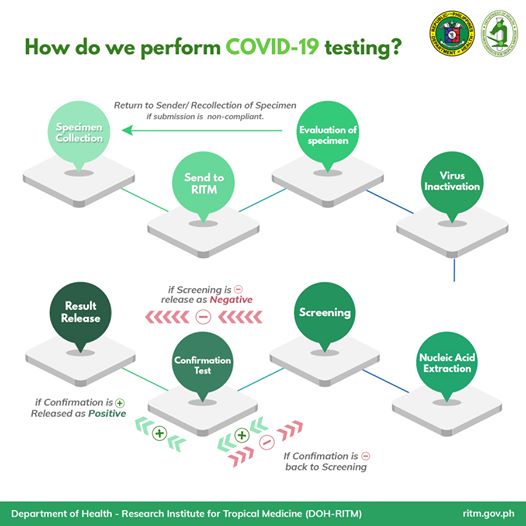
3. Where can one get tested?
Hospitals handling PUIs are authorized to collect samples to be sent for laboratory testing for COVID-19 infection.
A diagnostic test for COVID-19 may be performed only inside a laboratory because it requires “pricey and sensitive equipment” to be considered credible, and to “avoid infecting other people,” the DOH said.
Aside from the RITM, the government has also activated five other subnational laboratories in different parts of the country to assist in surveillance and outbreak response.
In a March 17 interview with CNN Philippines, Vergeire said four of these subnational laboratories, excluding the Lung Center of the Philippines, will start testing this week (March 23 to 28) after receiving reagents, or the chemicals used to perform the tests, which could hasten the turnaround time of results. She said these operating laboratories with the RITM are performing 950 to 1,000 tests per day.
The University of the Philippines-National Institutes of Health (UP-NIH) is helping the RITM by testing its overflow samples.
The DOH announced on March 20 that additional laboratories at Western Visayas Medical Center and Bicol Public Health Laboratory will undergo proficiency testing for one week before it can begin testing. On March 18, WHO reported that it will also assist the RITM with the assessment of six additional laboratories.
4. How long would it take for a patient to know his/her test result?
The DOH said the actual duration of each test lasts about 3 to 6 hours, excluding the time spent bringing the samples to the laboratory, preparing the samples, and verifying the results.
The overall “turnaround time” of a test, or the duration when a patient can get his or her result, is currently at 24 to 48 hours, the DOH said. But this can still take longer, depending on the number of tests being conducted.
5. Why are the testing kits limited?
Duque, in a March 16 press briefing, attributed the country’s scarce testing kits to limitations in supply, given the global nature of the COVID-19 that WHO has classified as a pandemic.
The country’s health authorities have been using test kits donated by WHO. They are also looking for other sources to widen capacity.
In the same press briefing, Duque announced that the country received 500 test kits from South Korea and 2,000 units from China. The DOH is hoping to purchase 40,000 more kits, following the approval of the budget for it, Duque said. On March 21, Vergeire announced that the country received 100,000 more kits from China, Brunei and South Korea.
Chinese business tycoon Jack Ma has pledged to donate 50,000 COVID-19 detection kits to the country through the Manny Pacquiao Foundation, Sen. Manny Pacquiao said on his Instagram post.
Amid the insufficient supply of testing kits, scientists from the UP-NIH and the Philippine Genome Center locally developed PCR-based COVID-19 detection kits that can generate a result in just two hours.
While the Food and Drug Administration (FDA) has already approved the use of the test kits, these are still awaiting validation from WHO. The process can take two to three months. However, the government already begun field testing the kits on March 18.
FDA also announced on March 20 that eight COVID-19 RT-PCR testing kits manufactured by South Korean and Chinese companies, among others, have been approved for commercial use in the country.
Vergeire said in an interview three days later that the UP-developed kits, which can process over 1,000 tests a week, can already be used “by next week or early next, next week.”
This was in line with the March 16 speech of WHO Director-General Tedros Ghebreyesus, who called on all countries to “test, test, test” all suspected cases of COVID-19:
“[T]he most effective way to prevent infections and save lives is breaking the chains of transmission. And to do that, you must test and isolate. You cannot fight a fire blindfolded. And we cannot stop this pandemic if we don’t know who is infected.”
Source: World Health Organization, WHO Director-General’s opening remarks at the media briefing on COVID-19 – 16 March 2020, March 16, 2020
